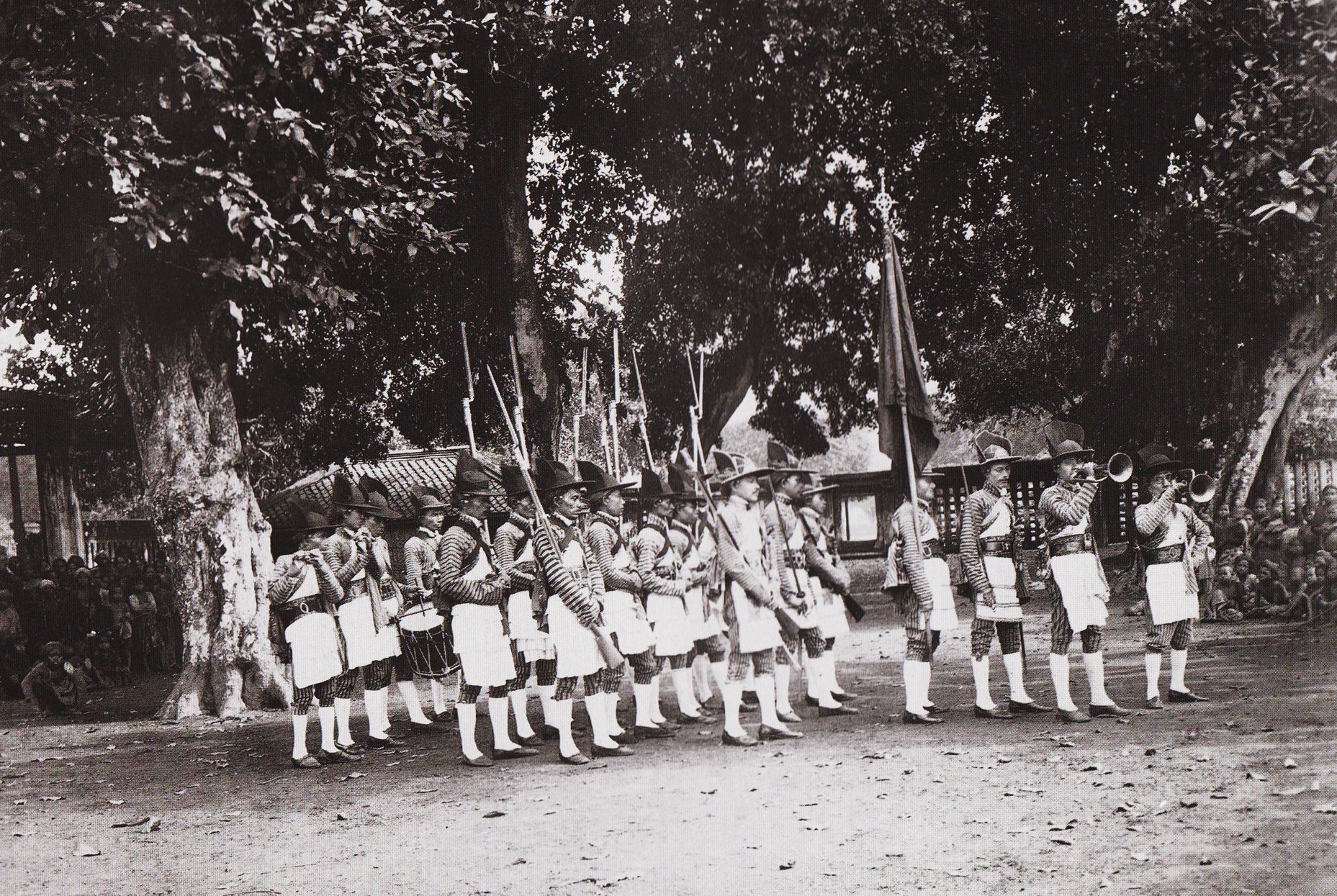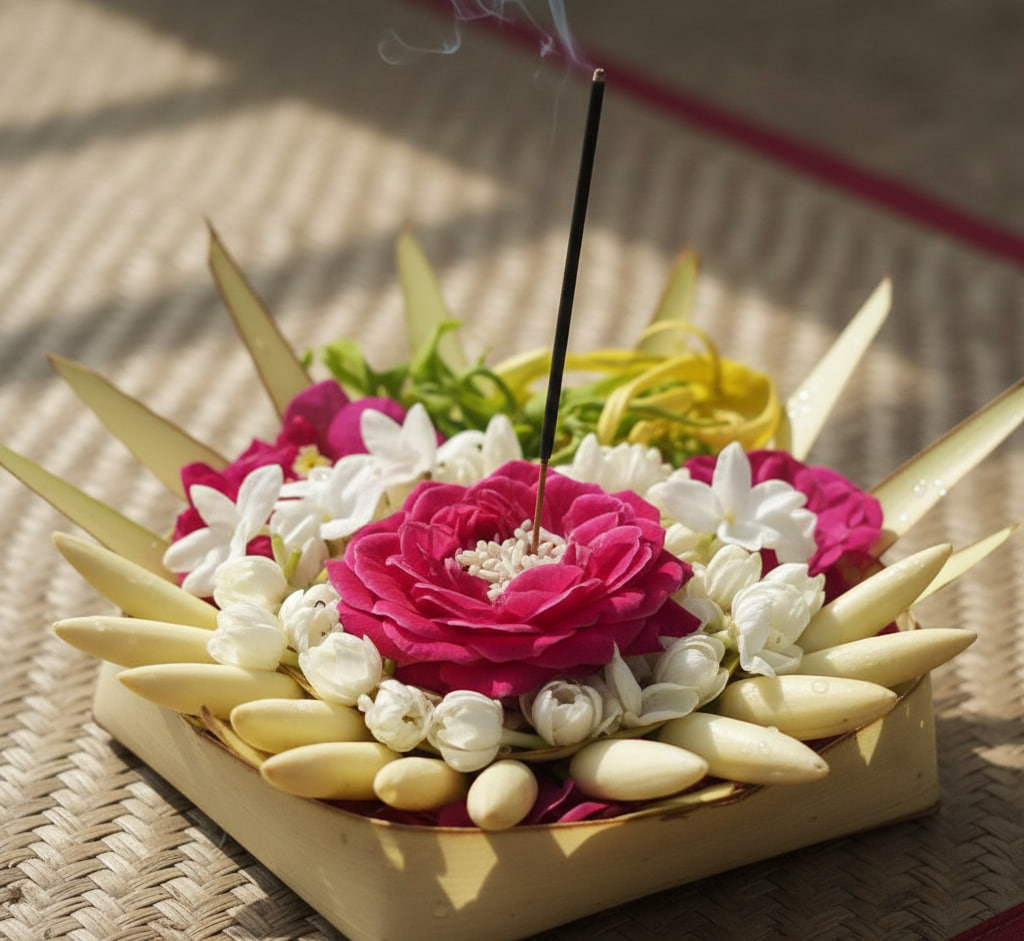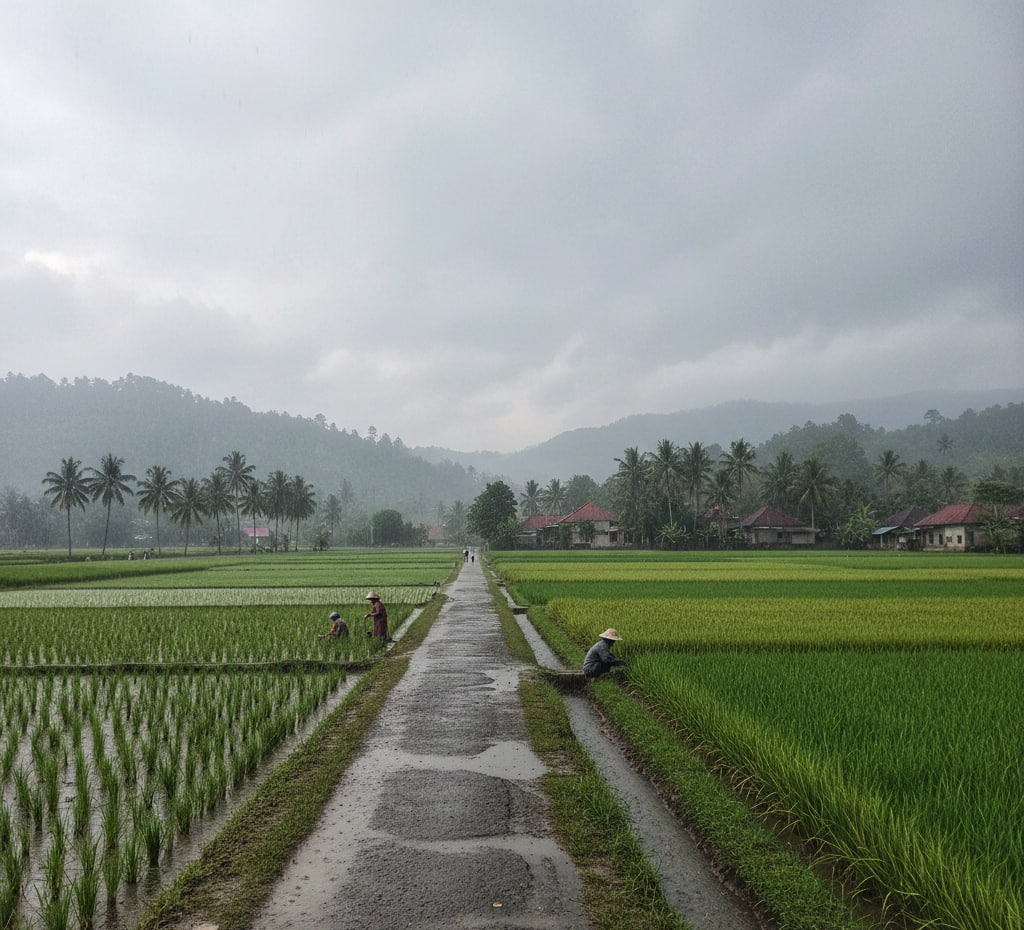News
Satu Suro Tradition: Spirituality and Sacredness of the Javanese New Year
Amid the dazzling fireworks and lively festivities of the Gregorian New Year, the Javanese people have their own unique way of welcoming the new year: quietly, solemnly, and full of meaning. This is the tradition of the Satu Suro night—a sacred ritual that not only marks the beginning of a new year but also invites believers to reflect, process their inner self, and align their path in silence.
Satu Suro, the first day of the month of Suro in the Javanese calendar, coincides with the first of Muharram in the Islamic Hijri calendar. Yet its meaning goes far beyond a mere date on the almanac. It is a sacred month, a marker of a new phase, believed to be rich in spiritual energy. During the reign of the Mataram Islamic Kingdom, Sultan Agung Hanyakrakusuma created the Javanese calendar system by blending Islamic elements with local traditions. From this synthesis came the month of Suro—a time for silence, contemplation, and spiritual cleansing.
This tradition rejects fanfare. During Suro, grand celebrations are deemed inappropriate—not due to strict prohibition, but as a conscious act of restraint. People choose to bow their heads rather than leap in jubilation. In Kejawen (Javanese mysticism), it is a time to withdraw from worldly noise, cleanse sacred heirlooms, walk in silence, eat modest porridge, and pray for protection.
At the Yogyakarta Palace, the Jamasan Pusaka ritual kicks off the month. Sacred heirlooms like weapons, royal carriages, and gamelan instruments are ritually bathed and cleaned with reverence. It is both a tribute to ancestors and a reminder of the responsibility to preserve heritage.
At night, thousands gather in silence for the Mubeng Beteng procession. A four-kilometer route encircling the palace walls is walked barefoot, wordlessly, in the solemn practice of Tapa Bisu. No chatting, no laughter. Only the sound of footsteps echoing in the quiet night—a journey of both body and soul, humbling oneself before the universe.
In the Pakualaman Palace, a similar tradition called Lampah Ratri takes place. Participants walk around the duchy in darkness, united in prayer and intention to seek blessings and strength for the year ahead. This procession is not a spectacle—it is a spiritual practice.
And at the end of the long night, a bowl of Bubur Suran awaits. This savory-sweet white porridge, served with seven types of beans representing the days of the week, carries wishes for balance and continuous gratitude. A shared meal that closes the ritual warmly—simple yet deeply meaningful.
The Satu Suro tradition is not merely ancestral heritage. It is a reminder that in a fast-paced world, there must be moments to pause. To be still. To listen to the voice within. And perhaps, to start again—this time, more peacefully.




